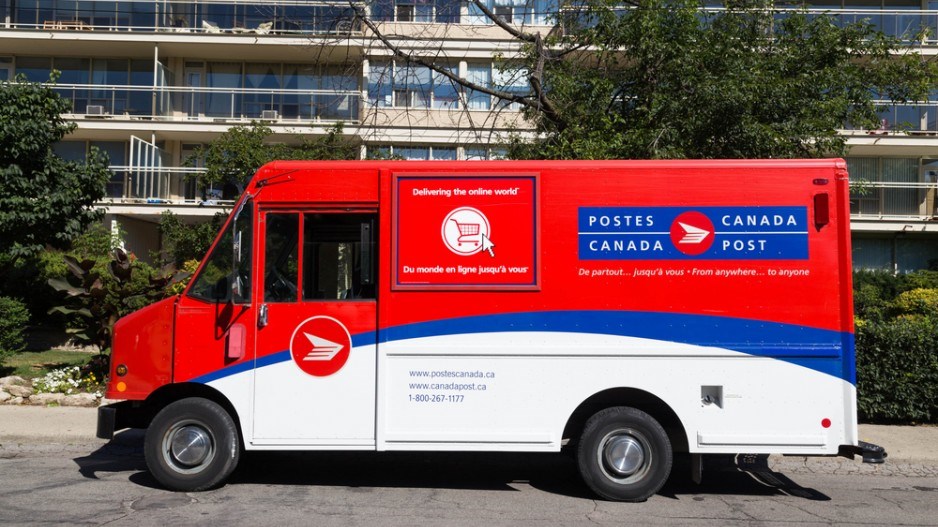Canada Post and the Canadian Union of Postal Workers (CUPW) have negotiated new tentative agreements that are expected to end what has been many months of uncertainty.
“Canadians can now use the postal system with confidence,” the Crown corporation said in a statement, without revealing any details of the agreements other than that they are for two years rather than the typical four-year contracts that have been negotiated in the past.
It said that reaching agreements "is especially important as Canadian businesses, large and small, are already planning for the upcoming holiday shipping season.”
The national mail carrier noted that it must deal with issues such as declining mail volume and growing pension obligations.
“This approach provides more time for thoughtful discussion and analysis on how to best address these issues without the ongoing threat of a work disruption,” its statement read.
The agreements still need to be ratified by the workers.
Labour Minister MaryAnn Mihychuk released a statement hailing the fact that the parties reached the agreements “voluntarily,” and she said that the agreements are “an important reminder for us all that a fair and balanced collective bargaining process works and can achieve real results for Canadian workers and employers.”
Canada Post had wanted to change the pension plan for new employees to be a defined-contribution rather than a defined-benefit plan. A defined contribution plan does not pay a guaranteed return when workers retire.
Canada Post said in an August 26 statement that its pension solvency deficit jumped to an estimated $8.1 billion as of July 1. That’s up from $6.1 billion at the end of last year. It also noted that it generated a profit of $1 million in 2016's second quarter .
CUPW had also wanted rural mail carriers to be paid by the hour and not per-parcel.




